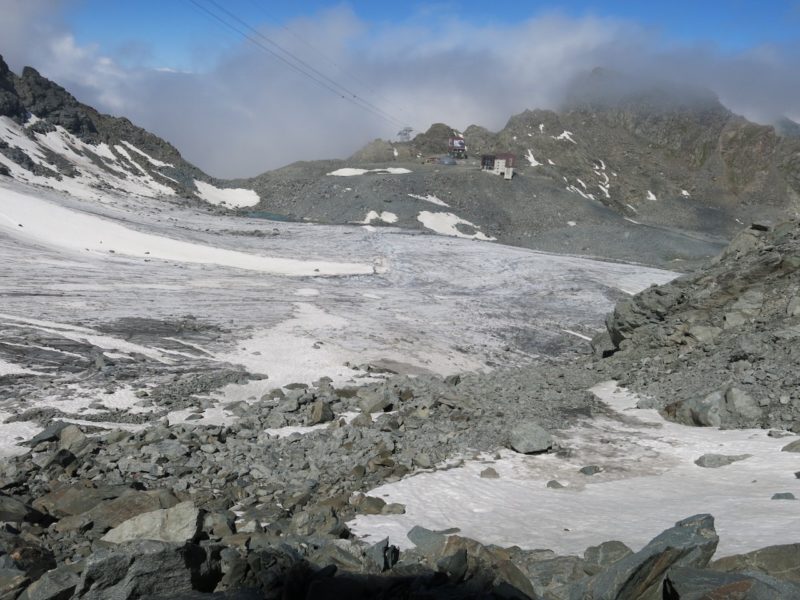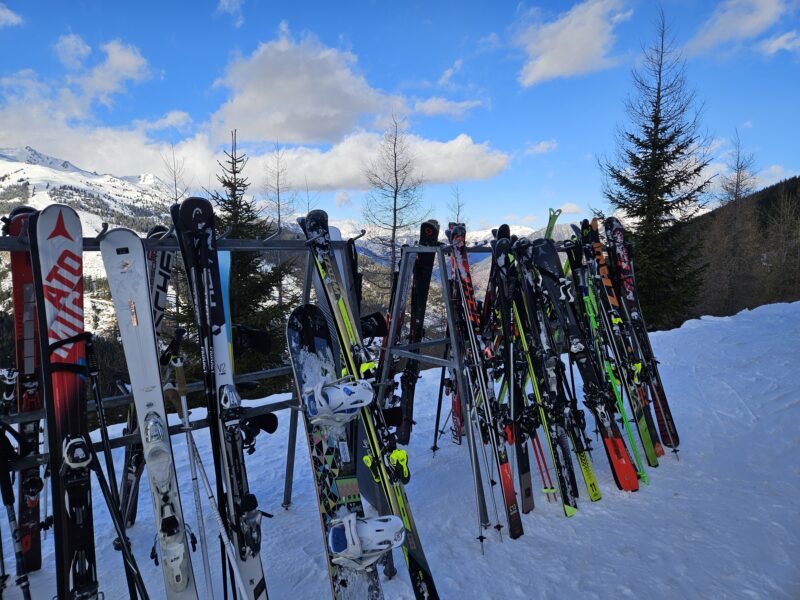FIS Claims to be Climate-Positive Organisation
5th December 2022
Last modified on December 8th, 2022
The International Ski and Snowboard Federation (FIS) has said it will be a climate-positive organisation for the second consecutive season.
In order to be Climate Positive, FIS carried out an internal audit to measure its carbon footprint across all competitions.
Based on the data received, FIS was then able to estimate the overall footprint across thousands of events, from the biggest World Cup weekends to individual FIS-level races.
It then funded rainforest conservation projects, primarily in Peru.
FIS claims this more than offsets in its carbon footprint.
Through its Rainforest Initiative, FIS helps to prevent future deforestation equivalent to many times the estimated carbon emissions that FIS activities generate each year.
“Rainforest is essential to all life,” said FIS.
“Its central role in the oxygen and water cycles is critical for food and water security and preventing extreme weather events.
“It is also the world’s most important terrestrial store of carbon.
“Without it, global temperatures are estimated to be at least six degrees higher and many regions would be uninhabitable.
“Keeping this carbon sink intact is a top priority – and FIS is committed to providing funding for its Rainforest Initiative.”

Slopeside at Chamonix World Cup . Image © PlanetSKI
Offsetting schemes, such as buying carbon credits, are a debatable issue.
Some dispute the calculations and fear they are used by big business for marketing purposes – so called ‘green washing’.
The FIS has not published the underlying data to support its climate-positive assertion.
“Our commitment to being a climate-positive sport is a long-term, year-in, year-out priority,” said FIS President, Johan Eliasch.
“I believe we have all seen first-hand the impact that increasing temperatures are having not only on the climate, but on our ability to stage competitions.
“Being climate positive must remain our duty if we want to continue to be the biggest organisers of outdoor winter sports.”
Multiple FIS World Cup legs have already been cancelled or called off this season because of warm weather.
“It was important to me to include the complete picture in our carbon footprint audit,” added Eliasch.
“While our World Cup weekends generate the most media interest, there are literally thousands of other FIS events that also have an impact on the environment and must be included in the calculation if we truly want to be climate-positive organisation.”
Offsetting initiatives have proven to be a popular avenue for event organisers to pursue.

PlanetSKI logo










